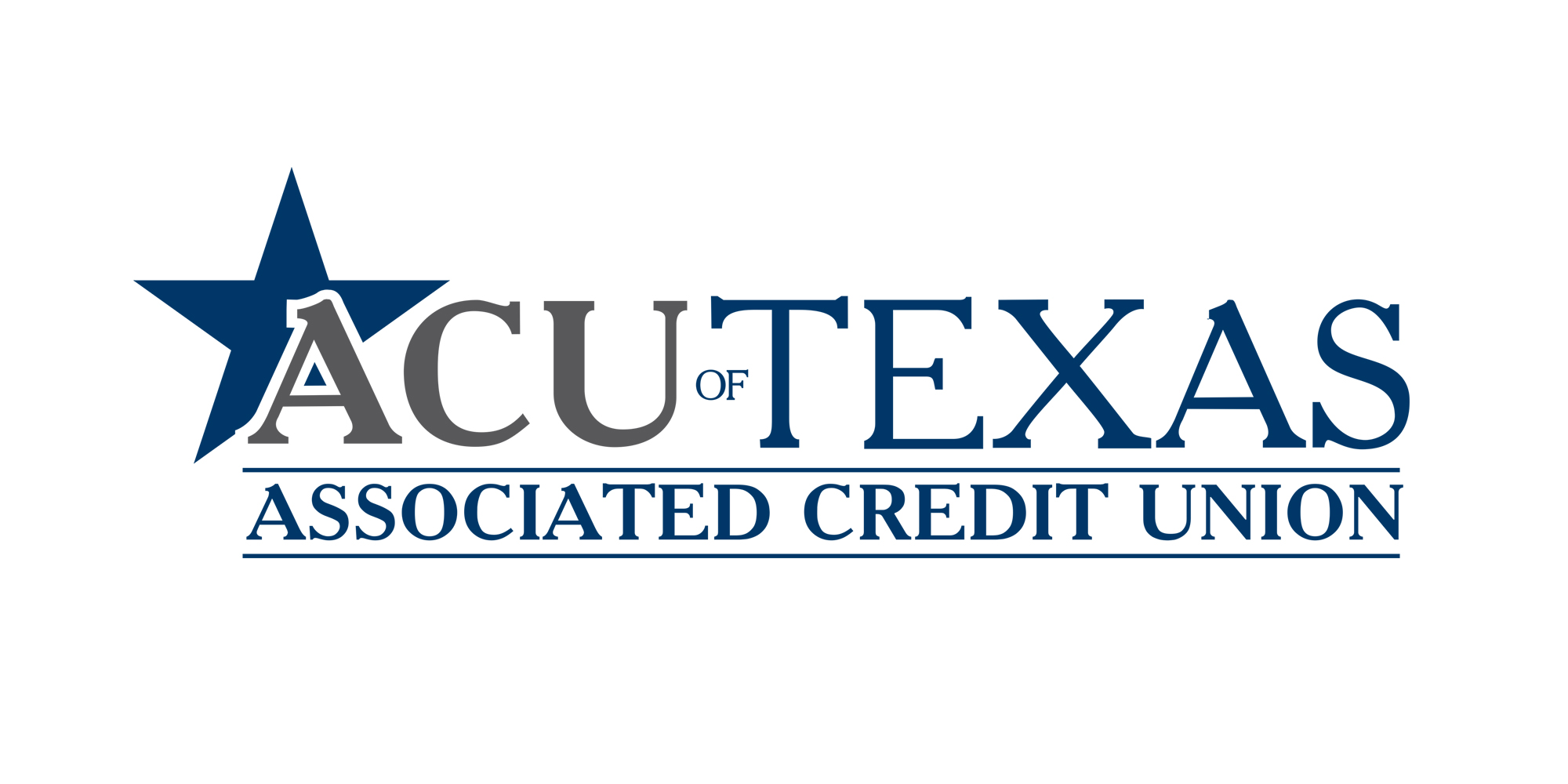Recently, one of our members received a call from a scammer posing as ACU of Texas, claiming to need to verify funds and requesting a transfer to a temporary cash app card. Unfortunately, this is just one example of the many scams targeting users of cash apps like CashApp, Zelle, and Venmo.
These scammers use a variety of tricks to attempt to gain access to your accounts. Here are a few to look out for:
Account Takeover
Account Takeover is when a criminal gains access to your account, either by hacking or getting your login credentials. Once inside your account, the thief finds a card or bank account paired to the cash app. Then, the criminal transfers money to an account under their control.
To prevent Account Takeover:
- Don’t share login information with anyone.
- Look out for new account information you didn’t add.
- Don’t pair cards or accounts to the app.
Imposter Scams
Scammers don’t always break in – sometimes they trick you instead. Scammers might pretend to be businesses, friends or family members asking for money. If you send them the money, it’s unlikely you’ll see it again.
To avoid imposter scams:
- Look for inconsistencies in the imposter account.
- Check for business complaints on Google.
- Contact the person to verify their request.
“Pay Yourself” Scams
These scammers pretend to be your bank or credit union and call you to say someone drained your account. Then, the scammer tells you to send yourself money to cancel the unauthorized transactions. Unfortunately, you’re actually sending money to an account the scammer created to look like you.
To avoid “Pay Yourself” scams:
- Verify if the “unauthorized transactions” are real.
- Know your bank won’t ask for money to stop fraudulent transactions.
- Never send money to yourself.
Staying Safe in a World of Scammers
How can you avoid being tricked? Always keep these tips in mind:
- Never discuss account numbers, PINs, or other personal information with anyone who contacts you, even if they say they are from your bank or credit union.
- If the person claiming there is a problem with your account needs your account information, hang up and call the credit union yourself.
- Don't call the number in a text, email, or voice mail. It will connect you directly with the scammers. Always look up the number online or review the number listed on your debit or credit card.
- Don't click on text message links from people you don't know. These links can be deceiving and direct you to a fraudulent site or expose your device to malware.
- Your bank or credit union will never ask you to send money to yourself (or anyone else)!
Cash apps can still be convenient tools. At ACU of Texas, we want to remind you to exercise caution when using them. After all, your financial safety is our number one priority.









